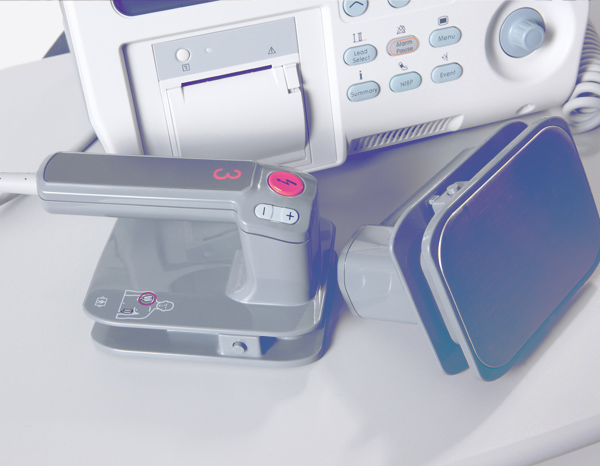Identity Review | Global Tech Think Tank
Keep up with the digital identity landscape.
As the world’s first standard decentralized digital identity management, the Spanish Association for Standardization’s (UNE) framework is a document that codifies how individuals or organizations should issue, manage and make use of their own digital identity. The UNE has even taken things a step further by presenting their document to the European Committee for Standardization (CEN) and the European Committee for Electrotechnical Standardization (CENELEC), proposing the framework become not just a Spanish standard, but a European one too.

Without the need for centralized authorities, personal data is completely self-managed and self-protected; when stored on the ever-secure blockchain, moreover, data is extra secure. With this in mind, UNE’s regulation defines the main actors that prevent self-ownership of personal data and the main actors that will aid in the emergence of broad self-ownership of data. It also outlines the characteristics that define the specific DID—decentralized identifiers—that the group envisions for consistent large scale implementation, establishing the life cycle for the DIDs and the requirements it must have to obtain the proper credentials.
The Self-Sovereign Identity (SSI) model undercuts the power of governments and large corporations, placing data rights in the hands of its owners—with complete independence from intermediaries. Using standard DIDs and other modes of verification, corporations in countries around the world have toyed with the concept, creating technology to carry out its ethos.
In Spain, around 10 companies, from energy companies to large banks, are working on developing a self-managed digital identity system using blockchain technology that aligns with UNE’s regulations. The project, called Dalion, completed the proof of concept in October of 2020 and its second in November. They predict its full-scale roll-out by May of 2021.
Spain, though, is not the only country to encourage this same advancement within the bounds of legislative regulation. In Argentina, for instance, initiatives such as the DIDI project, led by the Bitcoin Argentina Foundation and the Inter-American Development Bank (IDB) in Buenos Aires, are developing similar blockchain technology. And in Colombia, a project to digitize the National Civil Registry and identify the Colombian population that IDEMIA has carried out since 2017 is akin to its hispanic peers’ efforts.
ABOUT THE WRITER
Olivia Baker is a Tech Innovation Fellow at Identity Review from Columbia University, where she writes on tech policy and national digital identity technologies.
Contact Olivia Baker at olivia@identityreview.com.
Do you have information to share with Identity Review? Email us at press@identityreview.com.